Next Economy Trust Fellows 2024
30 January 2024
The Faculty is delighted to announce the recipients of the 2024 Next Economy Trust Fellowship to support postgraduate research.
The fellowship is made possible by the generosity of the Next Economy Trust, a media and production company dedicated to developing programs designed to support the next economy. The trust aims to support academic research and share findings to its diverse membership. Founded in 2021, the Next Economy Trust has produced ground-breaking work around valuing the intangible economy and developing a world class perspective on diverse capital.
Camille Crichlow
Bodies Made Biometric: A Genealogy of Race, Data and Surveillance
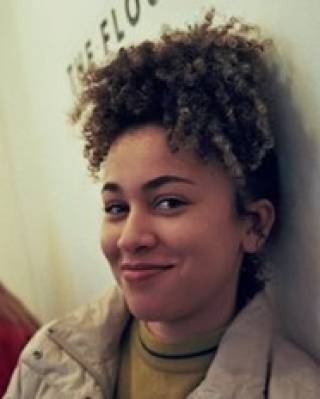
“In my PhD research project, I build upon critical-historical genealogies of surveillance culture to investigate how historical assumptions of racial difference become codified, however imperceptibly, in biometric identification technologies and wider data-driven inequalities of the 21st century.
Camille Crichlow is a third-year PhD candidate at the Sarah Parker Remond Centre for the Study of Racism and Racialisation at UCL. Her research interrogates how the historical and socio-cultural narrative of race manifests in today’s biometric recognition technologies.
Ibnu Nadzir Daraini
Ethnography of Startup: Technological Work and Identity in Indonesia
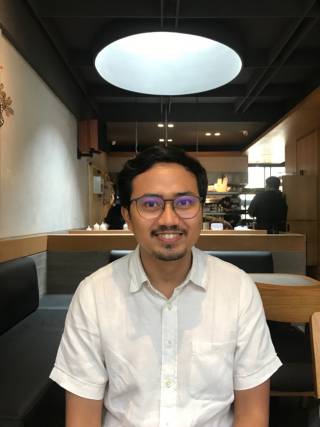
“This ethnographic research delves into the social and cultural practices surrounding the technological startup ecosystem outside of developed nations, focusing on Indonesia's case. As technological startups become integral with the Indonesian state's vision for progress, this study sheds light on how professional and entrepreneurs engage and shape this dynamic new landscape.
Ibnu Nadzir is a PhD student specializing in Digital Anthropology at UCL. He is also affiliated with the Indonesian Research and Innovation Agency (BRIN). He is currently working on research that studies the sociality surrounding the Indonesian startup ecosystem.
Reuben Fakoya-Brooks
How the Environment Impacts Behaviour: Measuring Female-Female Competition
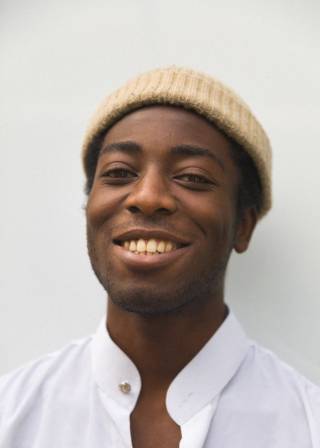
“The environment can affect competition between the same sex in mammals in various ways, but this process is not accurately understood in humans. Therefore, we have developed an economic games experiment which will be used in combination with a self-report questionnaire, to assess the effects of the environment on competitive behaviour between the same sex.
Reuben Fakoya-Brooks is a second year PhD student in Anthropology focused on human same-sex competition in different ecological environments in the UK and Kyrgyzstan, and is also the founder and former chair of the British Ecological Society’s REED Ecological Network. Besides academia, Reuben is an accomplished documentary photographer.
Twitter: @fakoyabrooks
Instagram: @reubenfakoyabrooks
Ioanna Gkoutna
The “Mental Load” and Female Labour Force Participation
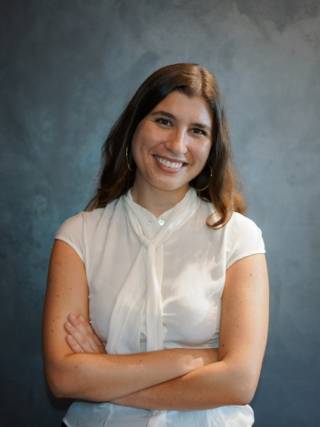
“I research the politics of the household. Specifically, I explore how gender norms emerge and persist at the household and community levels, and how these norms affect women's political participation. I am also interested in the causes and consequences of gender gaps in the “mental load” (i.e., cognitive household labour).
Ioanna Gkoutna is a PhD student at the UCL Political Science Department and holds an ESRC scholarship. Before joining UCL, Ioanna completed an MPhil in Politics at the University of Oxford (Nuffield College) and a BA in PPE at the University of Warwick.
Twitter: @IoannaGkoutna
Varvara Karipidou
Planning Deviations, Institutional Persistence, and Efforts to Regulate Urban Development in Bucharest, Romania
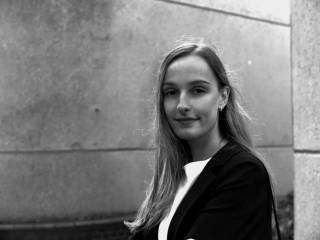
“This research examines the hybridised institutional landscape and political culture of post-socialist urban planning in Eastern Europe, focusing on Romania. It explores the diverse networks and actors that emerge within the urban landscape and have the ability to further shape urban development agendas, often in a fragmented and incoherent way.
Varvara is currently a PhD candidate in the Department of Geography at University College London (UCL). She holds a diploma (equivalent to BArch & MArch) in architecture from Greece and an MSc degree in Urbanisation and Development from the London School of Economics (LSE).
Naomi Madge
Unveiling Vulnerabilities and Pathways to Resilience: A Post-COVID Investigation of Collective Healing in Taiwan
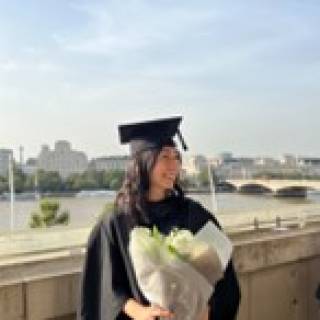
“Through a medical anthropological framework, this research will examine the interplay between vulnerability and resilience through the context of the COVID-19 pandemic in Taiwan. Focusing on how community shapes agency among those facing societal and structural inequalities, it will also explore the role of community-led support in fostering resilience.
Naomi Madge is a Medical Anthropology PhD candidate at UCL, specialising in cultural resilience in Taiwan post-COVID. With extensive experience in qualitative research methods, ethnographic fieldwork, and an interdisciplinary approach to complex social issues, Naomi thrives whilst integrating archival and field data to uncover societal vulnerabilities and healing processes.
Fiacha O’Dowda
Ecologies of Desire: Constituting Life in the Forests of North East Madagascar
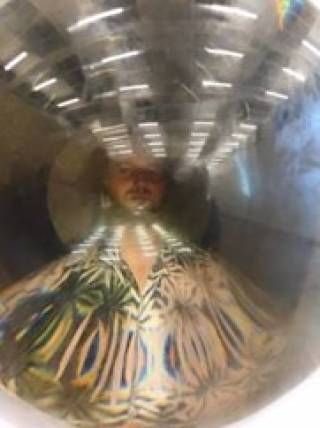
“Forest ecologies in North East Madagascar are shaped by human desires and practices, both local and distant. By following the relationships, techniques, and theories through which forest substances are transmuted into worlds of human value, to be tasted, smelt, exchanged, consumed, and metabolised, this research explores how the imbrications of such material and symbolic flows of substance shape life, both human and otherwise.
Fíacha O’Dowda is a PhD candidate in Anthropology at UCL, where he is a member of the Human Ecology Research Group, the Centre for the Anthropology of Technics and Technodiversity, and the Centre for the Anthropology of Sustainability.
Robert Tyler Valiquette
Queer Migration in the ‘Periphery’: Local Responses to Venezuelan Sexual and Gender Minority Migrants and Refugees in Colombia and Brazil
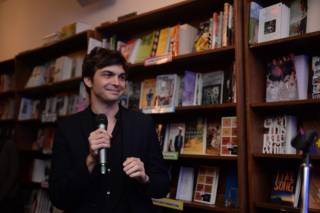
“Since 2014, over 7.7 million people have left Venezuela due to violence, persecution, and poverty, with many fleeing to neighbouring Colombia and Brazil. This research focuses on queer Venezuelan migrants and how international, national, and local organizations coordinate their response to LGBTQI+ people in situations of forced migration.
Tyler Valiquette is a PhD candidate in Human Geography. He is an interdisciplinary migration and development scholar. He holds an MA in Political Science from the University of Guelph in Canada. Tyler’s research interests focus on better understanding the experiences of and responses to displacement for vulnerable populations.
Twitter: @Ty_Valiquette
Congratulations to all of the recipients.
 Close
Close

